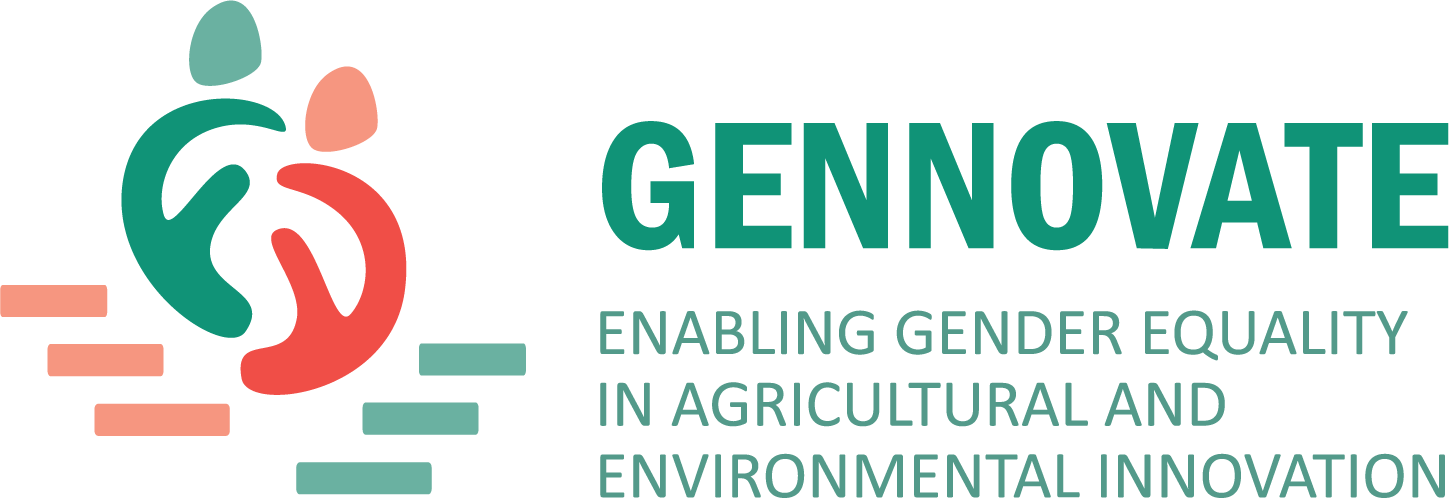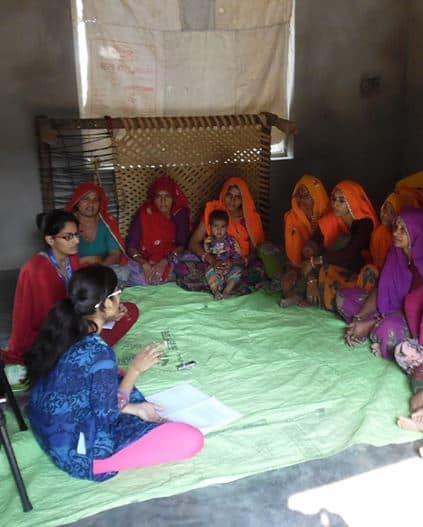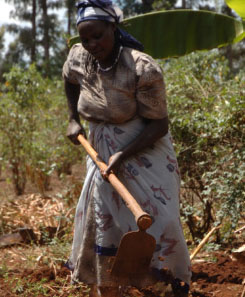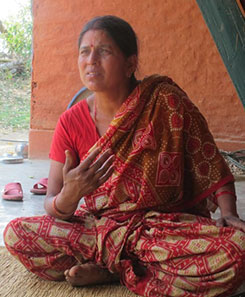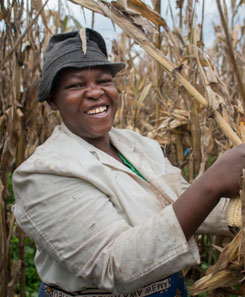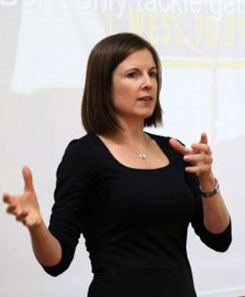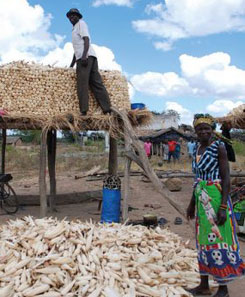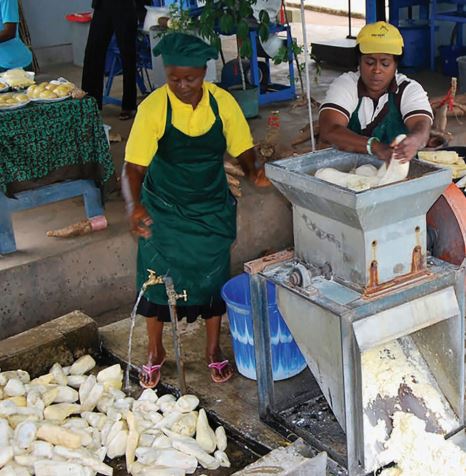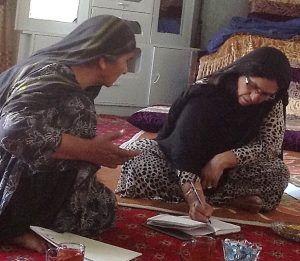News
Global study paves the way for developing gender-transformative interventions
ICARDA gender specialist Dina Najjar discusses the vast gender knowledge base created as a result of the GENNOVATE project. The study’s data and analyses have enabled researchers to move beyond smaller, unconnected studies that have largely defined gender research.
What can positive deviance reveal about gender and social change?
To mark the International Day for Rural Women, Patti Petesch, along with Lone Badstue and Shelley Feldman, discuss how the positive deviance approach applied in GENNOVATE can add to our understanding of gender equality in rural villages.
GENNOVATE Special Issue released
The latest issue of the Journal of Gender, Agriculture and Food Security is dedicated to the GENNOVATE initiative. The six papers cover a range of topics, including the field methodology, capacity to innovate, aspirations, and agency.
GENNOVATE webinar: Study concepts and methodology
The CGIAR Collaborative Platform for Gender Research hosted the webinar “GENNOVATE, a qualitative comparative study on gender norms and agency in agricultural and environmental innovation – Study concepts and methodology” on Thursday, July 12. The webinar was organized in collaboration with Bioversity International and GENNOVATE. A follow-up webinar will be organized in the next few months.
Negotiating change in gender norms affecting agricultural innovation
To mark International Women’s Day 2018, this post announces the official release of the GENNOVATE Methodology. The Methodology stimulates dialogue and allows women and men to critically reflect on the gender norms that shape their lives and how these norms may be changing.
CIMMYT promotes gender awareness in agriculture research and development in Ethiopia
Gender awareness and gender-sensitive approaches are slowly spreading into agricultural research, extension, and policy in Ethiopia. An initiative led by the International Maize and Wheat Improvement Center (CIMMYT) is helping to drive evidence-based approaches to foster gender equality and include it in mainstream agricultural research.
New guides help agricultural scientists think gender in research design
GENNOVATE has released a new set of resources to aid agricultural researchers in integrating gender sensitivities into their research for development projects.
Agricultural mechanization: How far do women farmers benefit?
Agricultural machinery saves both time and labor for small-scale farmers and is increasingly available in rural areas. However, women’s needs and interests are often not fully considered when these machines are developed, introduced, and adopted by communities.
Improved wheat helps reduce women’s workload in rural Afghanistan
New research shows improved wheat raises the quality of life for men and women across rural communities in Afghanistan.
Despite hardships, women running own households provide model of empowerment and innovation
This blog post, written by Patti Petesch, GENNOVATE expert advisor, and Lone Badstue, chair of the GENNOVATE Executive Committee and CIMMYT’s strategic leader for gender research, shares findings of women running their own households who participated in a recent qualitative study exploring gender and innovation processes in 27 villages in maize farming regions of Ethiopia, Malawi, Mexico, Nepal, Nigeria, Tanzania and Zimbabwe.
Contact us
For more information, please contact Marlène Elias, CGIAR GENDER Platform Alliances Module leader and Senior Scientist at the Alliance of Bioversity International and CIAT, marlene.elias@cgiar.org

